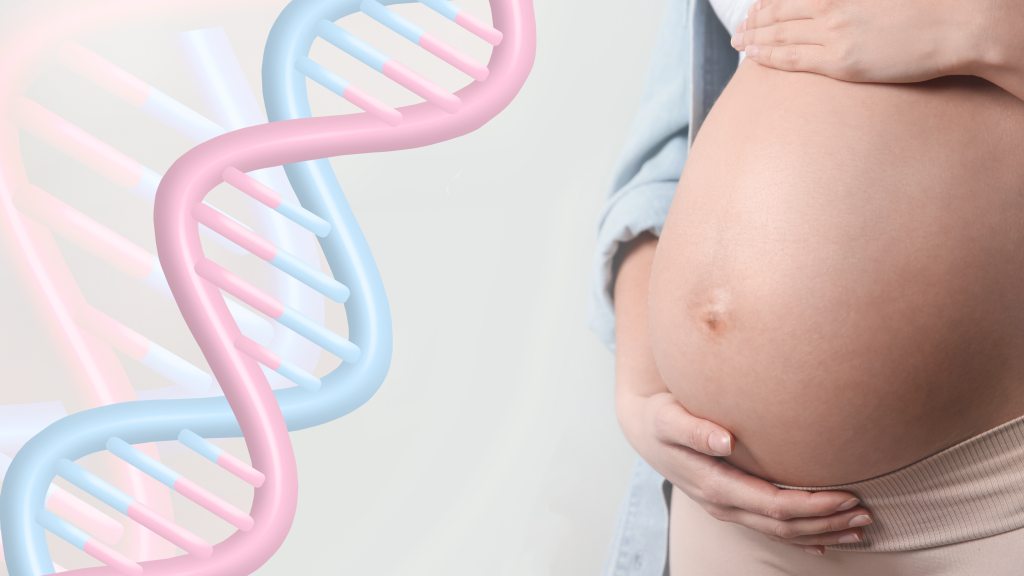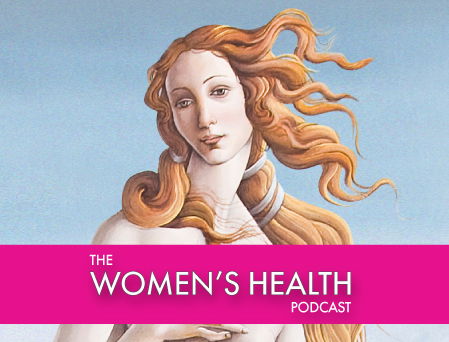Podcasts / Reproductive screening – Your questions answered
Save


0.5 hours
These are activities that expand general practice knowledge, skills and attitudes, related to your scope of practice.
0.5 hours
These are activities that require reflection on feedback about your work.
0 hours
These are activities that use your work data to ensure quality results.
Educational Activities (EA)
These are activities that expand general practice knowledge, skills and attitudes, related to your scope of practice.
Reviewing Performance (RP)
These are activities that require reflection on feedback about your work.
Measuring Outcomes (MO)
These are activities that use your work data to ensure quality results.
The questions answered in this podcast are listed below.
They were compiled by GPs and health professionals around Australia.
Recommended resources:

Postural Orthostatic Tachycardia Syndrome – What You Need to Know

Autism Assessment in the GP Setting

Obstructive Sleep Apnoea – Practical Updates

Asthma Cases

expert
Genetic Pathologist; Douglass Hanly Moir Pathology

Browse the latest podcasts from Healthed.
You have completed the Educational Activities (EA) component of this activity.
Select ‘Confirm & claim CPD‘ to confirm you have engaged with this activity in its entirety and claim your CPD.
You will be taken to explore further CPD learning available to you.
